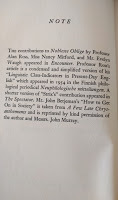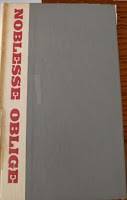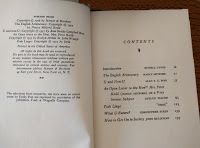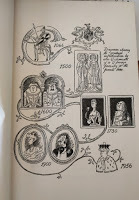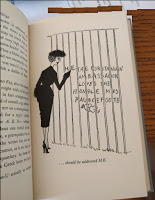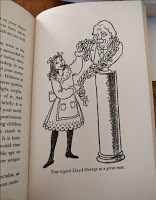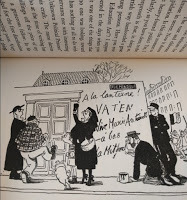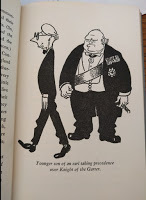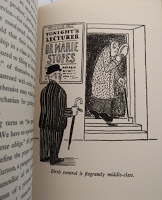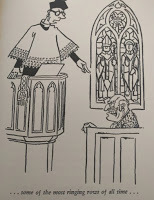What do you think?
Rate this book
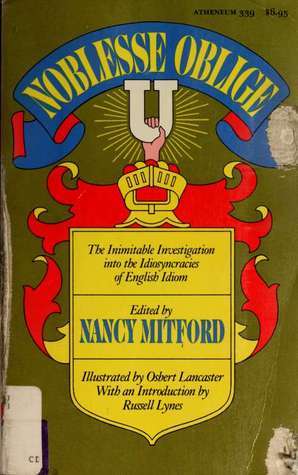

156 pages, Paperback
First published January 1, 1956
Dinner: U-speakers eat luncheon in the middle of the day and dinner in the evening. Non-U speakers (also U-children and U-dogs) have their dinner in the middle of the day.
Greens is non-U for vegetables.
Home: non-U — they have a lovely home'; U — 'they've a very nice house.'
Is this tie U or non-U? my father might say, and my mother might respond with: I have no idea but it is surely non-U to care about whether it is or it isn't.
Silence is the only possible U-response to many embarrassing modern situations: the ejaculation of 'cheers' before drinking, for example, of 'it was so nice seeing you,' after saying good-bye. In silence, too, one must endure the use of the Christian name by comparative strangers and the horror of being introduced by Christian and surname without any prefix. This unspeakable usage sometimes occurs in letters — Dear XX — which, in silence, are quickly torn up, by me. (p.38-9)
